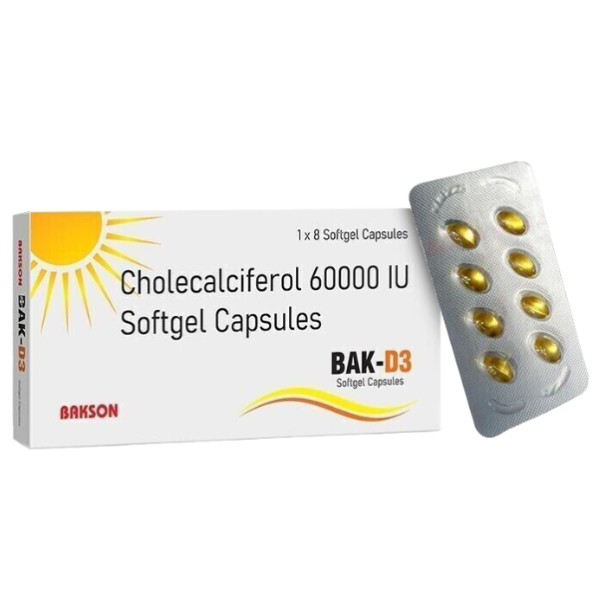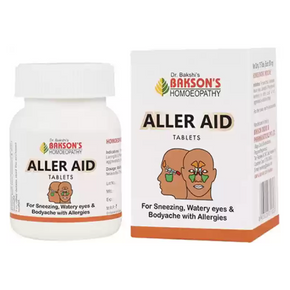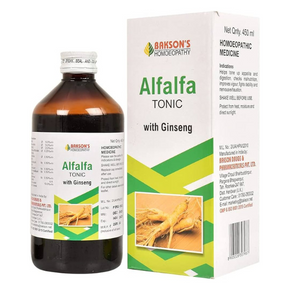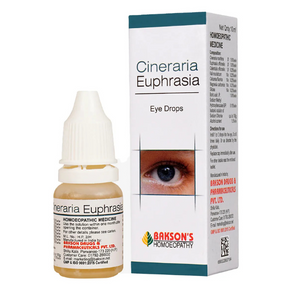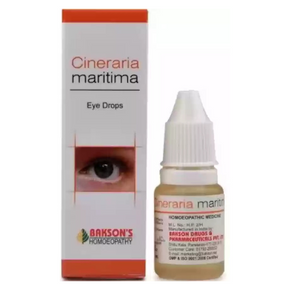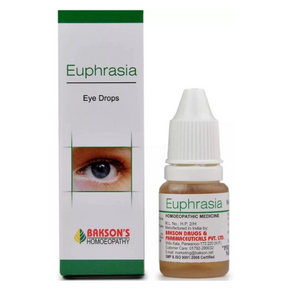- No products in the cart.
BAKSON'S BAK D3 (CHOLECALCIFEROL 60000 IU) 1 STRIP * 8 CAPSULES (PACK Of 2 EACH)
No reviews
Rs. 500.00
Fulfilled By Planet Ayurveda
Size (Per Unit): 1 Strip * 8 Capsules
Dosage: As directed by the physician
Suggested Products

DIAMOND STAR HERBAL TOOTHPASTE (100GM EACH)
Rs. 88.00

SANDALWOOD SOAP
Rs. 45.00
Categories
- Clinically Tested Products
- Classical Ayurvedic Products
- Ayurvedic Products for Pets
- Herbal Combo Packs
- Single Herbal Capsules
- Poly Herbal Capsules
- Single Herb Powders
- Herbal Powder Blends
- Beauty & Cosmetics
- Herbal Tablets
- Herbal Teas
- Herbal Juices
- Herbal Syrups
- Herbal Oils
- Premium Products Range
- All Ayurveda Brands
Browse by Category
Browse by Company
Browse by Health Concern
Description
Cholecalciferol, generally known as vitamin D3, is crucial for the maintenance of healthy bones, teeth, and muscles. It is made in the skin when it is exposed to sunlight and can also be found in some foods or supplements.
The following are some important facts regarding cholecalciferol
- The skin produces cholecalciferol, a natural form of vitamin D when exposed to ultraviolet B (UVB) radiation from sunshine.
- Some foods, such as fatty fish, egg yolks, and liver, contain cholecalciferol.
- The metabolism of calcium and phosphate, both of which are necessary for healthy bones, depends on cholecalciferol. It also controls the blood's levels of calcium and phosphate, which helps the body absorb food.
- The liver and kidneys transform cholecalciferol into its active form, calcitriol. The actions of calcitriol are then carried out by binding to particular receptors throughout the body.
- Cholecalciferol deficiency can cause rickets in children and osteomalacia in adults, among other health issues. Additionally, it might make elderly persons more susceptible to fractures, falls, and osteoporosis.
- Supplements containing cholecalciferol are frequently used to treat and prevent vitamin D insufficiency. They come in a variety of formats, such as tablets, capsules, and drops.
- Age, sex, and other characteristics affect the recommended daily consumption of cholecalciferol.
Composition
Cholecalciferol IP (Vitamin D3) 60000 IU
More Information
Cholecalciferol, also known as vitamin D3, helps the body absorb calcium and maintain a healthy immune system to prevent or limit infections. It is often used as a medication for people who don't get enough vitamin D in their diet.
Vitamin D is essential for treating and preventing bone disorders such as rickets and osteomalacia. The body naturally produces vitamin D when the skin is exposed to sunlight. However, sunscreen, protective clothing, limited sun exposure, dark skin, and age can prevent the body from getting enough vitamin D from the sun. Vitamin D supplements with calcium are used to treat or prevent bone loss (osteoporosis). It is also used in combination with other medications to treat low levels of calcium or phosphate caused by certain disorders such as Hypoparathyroidism, Pseudohypoparathyroidism, and familial Hypophosphatemia. In kidney disease, vitamin D is used to maintain normal calcium levels and promote bone growth.
How to use BAK D3 CAPSULES?
To use Bak D3 capsules, take vitamin D by mouth as directed. Although it can be taken with or without food, it is preferable to take vitamin D after a meal. If you have any questions, consult with your doctor before disregarding any of the directions on the product container. If your doctor has recommended the prescription, take it exactly as advised, taking into account your medical history, age, quantity of sun exposure, food, and reaction to therapy.
Advice to consider before taking BAK D3 CAPSULES
- Use of cholecalciferol is not advised if you have a history of adverse responses to vitamin D, have high blood levels of calcium or vitamin D, or suffer from any condition that impairs nutritional absorption. If you have ever had heart disease, kidney problems, or an electrolyte imbalance, please inform your doctor.
- When using cholecalciferol during pregnancy or while breast-feeding, it's crucial to speak with a doctor beforehand because too much vitamin D may be detrimental to the developing fetus or nursing infant. During this period, you might need to modify your dosage to meet your needs.
How should I take cholecalciferol?
- Follow all directions on your prescription label and read all the guides or instruction sheets. Use only the recommended dose of cholecalciferol.
- It may be best to take cholecalciferol after a meal.
- While using Cholecalciferol, you will need frequent blood tests. You may also need x-rays. Your doctor will determine how long to treat you with Cholecalciferol.
- Cholecalciferol may be only part of treatment plan, that also includes dietary changes and taking calcium and vitamin supplements. Follow your doctor's instructions very closely.
- Ask your doctor about the foods you should eat to make sure you get enough calcium and vitamin D in your diet. Thereafter your Cholecalciferol dose may need to be adjusted as you make changes to your diet.
- Keep Cholecalciferol at room temperature and protect it from moisture, sunlight, and heat.
- If you miss a dose of Cholecalciferol, take it as soon as possible. However, if it is close to the time for your next scheduled dose, skip the missed dose. Never take two doses of Cholecalciferol at once.
- If you overdose on Cholecalciferol, it could lead to severe or life-threatening side effects. Contact your doctor immediately if you suspect an overdose.
- Symptoms of an overdose may include nausea, loss of appetite, increased or decreased urination, thirst, body aches, stiffness, confusion, or irregular heartbeats.
- Seek immediate medical attention if you exhibit allergic response symptoms including hives, wheezing, trouble breathing, or swelling of your face, lips, tongue, or neck.
- If you experience chest pain, shortness of breath, growth issues in a child taking the medication, or early signs of vitamin D overdose like weakness, a metallic taste in your mouth, weight loss, muscle or bone pain, constipation, nausea, or vomiting, call your doctor right away and stop taking cholecalciferol.
- While less severe side effects are possible, it's also possible that you won't have any at all. There may be other negative effects; this list of side effects is not all-inclusive. For medical advice regarding any adverse effects, speak with your doctor.
Guidelines for using cholecalciferol
- While taking cholecalciferol, it is advised to speak with a doctor or chemist before taking any medications, vitamin supplements, or antacids.
- Some drugs may prevent the body from absorbing vitamin D. Take other medications at least two hours before or after taking cholecalciferol to prevent this.
- Cholecalciferol may also be impacted by other medications, including prescription and over-the-counter pharmaceuticals, vitamins, and herbal supplements. Tell your doctor about all of your existing prescriptions as well as any new or discontinued medications.
Storage instructions for Bak-D3 Softgel Capsules
- BAK D3 capsules should be kept out of reach of children.
- Do not use BAK D3 capsules after the expiry date indicated on the carton and foil. The expiry date is the last day of the month.
- Store the capsules at room temperature, away from heat and moisture, and not exceeding 25°C. Do not freeze the capsules.
- Dispose of expired medicines by consulting your pharmacist. Avoid throwing away medicines via wastewater or household waste to protect the environment.
- If you have any further questions, please speak with your physician or chemist.
- This medicine is solely meant for your personal use. Even if someone else has identical symptoms, do not give it to them because it could hurt them.
- Please let your doctor or chemist know if you develop any severe adverse effects or any negative effects not listed in this leaflet.
Disclaimer
The information provided herein on request is not to be taken as a replacement for medical advice, diagnosis, or treatment of any medical conditions. In case of any allergy or reactions, discontinue the usage of the product and consult a physician. DO NOT SELF-MEDICATE. PLEASE CONSULT YOUR PHYSICIAN FOR A PROPER DIAGNOSIS AND PRESCRIPTION.
Talk to our Experts
Our trusted experts can help you choose the right products for your health.
Book Your Consultation Now



















.png?v=1695813493)














